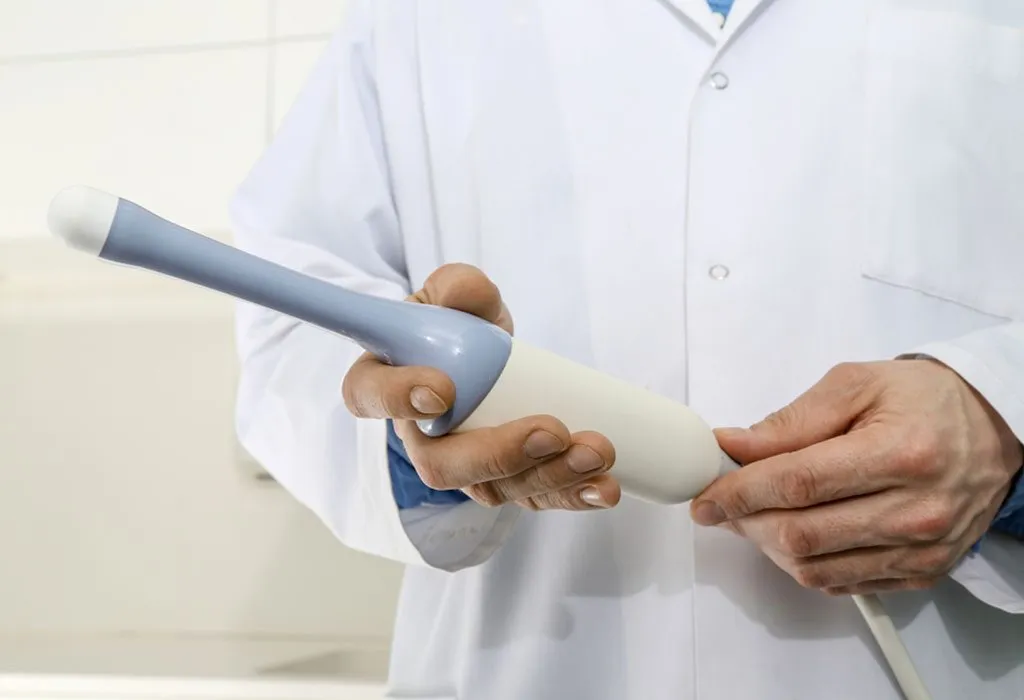Transvaginal ultrasound (TVS) has become an essential part of women’s healthcare, offering unparalleled insights into reproductive health. Unlike traditional abdominal ultrasounds, which rely on external scanning over the abdomen, TVS involves placing a small probe inside the vaginal canal, providing a closer, high-resolution view of the uterus, ovaries, fallopian tubes, and cervix. This diagnostic approach is crucial for addressing a range of health concerns and is often recommended for its accuracy, efficiency, and comfort. Here’s a look at why transvaginal ultrasound is often the preferred choice for women’s health assessments.
1. Why Transvaginal Ultrasound?
TVS is chosen for its ability to provide exceptionally detailed images of the reproductive organs, making it ideal for early diagnosis and close monitoring. The probe’s position within the vaginal canal allows for higher-resolution imaging that offers a clear look at the structures within the pelvis. This detailed view supports doctors in diagnosing conditions that might otherwise go unnoticed and helps in crafting more effective, personalized treatment plans.
2. Key Benefits of TVS in Diagnosing Women’s Health Conditions
TVS plays a valuable role in diagnosing various conditions by providing:
- Enhanced Image Clarity: Because TVS is performed internally, the probe is closer to the reproductive organs, producing sharper images and improving diagnostic accuracy.
- Early Detection of Gynecological Issues: TVS can detect conditions in their early stages, including ovarian cysts, fibroids, and even some early signs of endometriosis.
- Comprehensive Reproductive Health Assessments: This includes monitoring pregnancy in its early stages, assessing follicle health in fertility evaluations, and examining uterine and ovarian health.
3. Common Applications of TVS
Transvaginal ultrasound is often recommended for several reasons:
- Monitoring Early Pregnancy: TVS can confirm pregnancy much earlier than an abdominal ultrasound, detecting the heartbeat and assessing embryo development in the first trimester.
- Examining Unexplained Symptoms: For symptoms like abnormal bleeding or chronic pelvic pain, TVS helps doctors pinpoint the underlying causes.
- Supporting Fertility Treatments: TVS provides essential data for couples undergoing fertility treatments, helping monitor follicle development, ovulation, and uterine health.
4. How TVS Differs from Other Imaging Techniques
Compared to abdominal ultrasound, TVS offers several advantages, particularly for women with reproductive health concerns:
- Greater Sensitivity and Precision: By placing the probe within the vaginal canal, TVS reduces image distortion and enhances sensitivity, leading to more precise diagnoses.
- Shorter Preparation Time: TVS generally requires minimal preparation – unlike abdominal ultrasound, a full bladder is not necessary, making it more comfortable for patients.
- A More Comfortable and Efficient Process: TVS is a fast procedure, often completed in 15 to 30 minutes, and can be more comfortable than external imaging methods for many women.
5. Preparing for a TVS Ultrasound
Preparing for a transvaginal ultrasound is simple. Patients are typically advised to empty their bladder before the scan, and the process involves a small, lubricated probe inserted into the vaginal canal. The scan is usually painless, though some women may experience mild pressure. Results are often available quickly, allowing doctors to offer timely advice and next steps.
6. Conclusion: Empowering Women’s Health with Transvaginal Ultrasound
Transvaginal ultrasound has become a key diagnostic tool for women, helping to empower them with clear, reliable, and early insights into their reproductive health. With its accuracy, efficiency, and non-invasive nature, TVS is invaluable in the field of gynecology. For those experiencing symptoms like pelvic pain, unusual bleeding, or fertility challenges, TVS offers a proactive approach to managing health, enabling women to make informed, confident decisions about their well-being.
Whether you’re managing an existing health issue or focusing on preventive care, transvaginal ultrasound is a powerful tool to support your reproductive health. Talk to your healthcare provider to see if a transvaginal ultrasound is right for you and learn more about how it can help you take control of your health.
